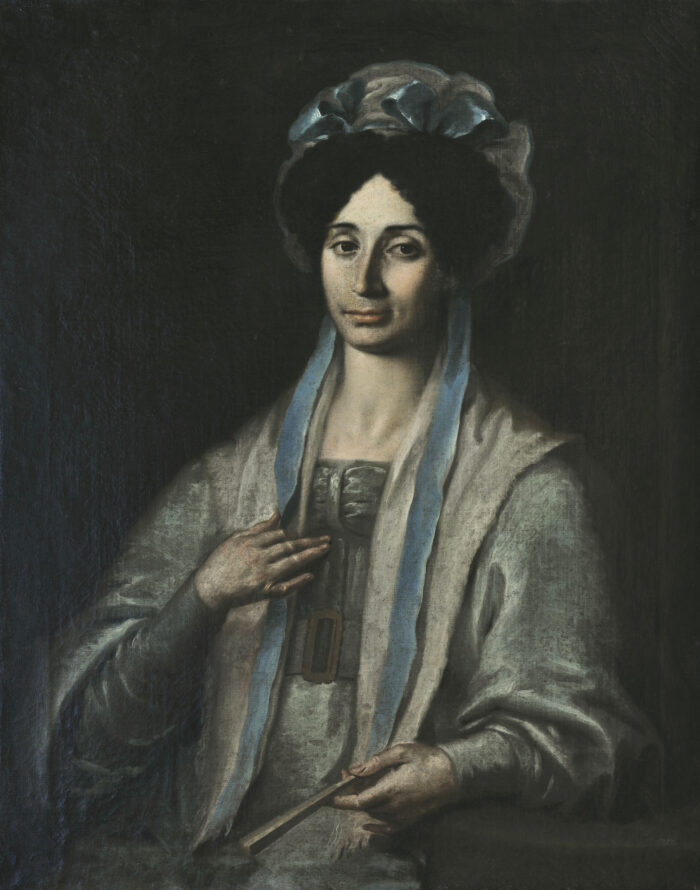Elizabeth Moutzan-Martinegou is regarded as possibly the first female Greek novelist, having left more than ten theatrical dramas in Greek and around sixteen works in Italian. However, we would say that her most important work is her Autobiography. This is an important literary text, written with directness, grace and a romantic attitude in the colloquial language of the Ionian ruling class. Through a detailed sketch of her life, we gain a picture of the social life of an aristocratic woman at the beginning of the 19th century in Zakynthos. Elizabeth does not hesitate to bring up the conflict she experienced as a woman with the conservative society of her homeland. ‘My mother had the responsibility for those things that are within the house; my uncle was and is responsible for and has authority over the property; my father took care of political affairs, and knew nothing of household matters, and so my mother was responsible for raising the children but did not have the means. […] Our household had (as it still does) that old-fashioned, barbaric, unnatural, and inhuman belief that women should be kept apart from human society’.
The restrictions and obstacles that young Elizabeth had to face led her to find comfort in her books and writing, and it was through these that she had her own revolution, at a time characterised by insurgency and the need for freedom. She was scathing about the limitations a male-dominated society placed on her sex. ‘No, to being obedient and quiet just because this is what my relatives wished; no, to getting married, because this is not what I wished: and so I had to remain forever at home. Forever at home! Ah! This thought frightened me: I saw that this house had decided that it wished to cause me an imminent and dreadful death. […] What? I said to myself. Must I die, and die without doing good? Without having fulfilled that aim for which God places people on this earth? Miserable Eliza!’
Ultimately, Elizabeth gave in to the constant pressure from her family and decided to marry, believing that in this way she would at least be able to leave her family home, which was a prison to her.


